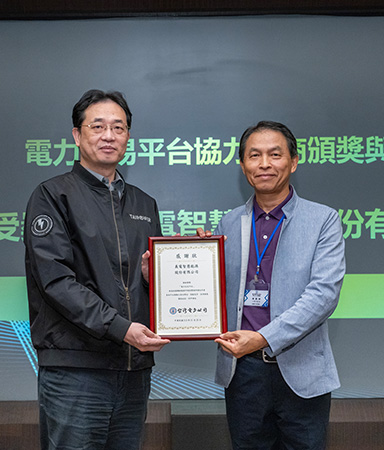Rome-Taipei, July 23rd, 2020 – Enel X, the Enel Group’s advanced energy services business line, has joined the Taiwan Power Company (TPC)’s demand response program aimed at supporting the country’s electricity grid. Enel X, whose local offices are based in Taipei, has partnered with a diverse group of demand response customers including cold storage, food processing, manufacturing, and industrial facilities. These businesses will participate in Enel X’s virtual power plant, which now offers its demand flexibility services to TPC, helping to keep the country’s electricity grid stable and secure.
Francesco Venturini, CEO of Enel X, said: “We are offering a new category of opportunity for Taiwanese businesses. By joining our virtual power plant, businesses can now earn a new revenue stream while providing critical support to the electricity grid. Further, virtual power plants and energy storage systems will be key to Taiwan’s long-term transition to renewable power.”
Delta Electronics, Inc., a major, global player in power and thermal management solutions, is one of the major businesses working with Enel X. Steven Liu, Sr. Vice President of Delta Electronics, Inc. said: “We place a strong focus on intelligent energy use and sustainability initiatives. Through our alliance with Enel X, we can support the nation’s electricity grid while meeting our sustainability objectives. We are able to participate using our battery energy storage system (BESS). When there is a grid need, we can switch from grid energy use to our BESS without any impact to our operations.”
Enel X is well-positioned to support the growth of Taiwan’s promising demand response market, leveraging on the company’s worldwide demand response leadership, with over 7.4 GW of capacity under management.
Participants in demand response programs are paid to modulate their consumption in response to grid needs. Specifically, these programs are intended to encourage end users to adjust their power consumption in order to facilitate the stabilization of the grid when requested by the system. Therefore, demand response programs ensure greater grid flexibility enabling a more efficient use of the energy infrastructure, which helps to guarantee power quality and grid security as well as to contain electricity prices, while contributing to global decarbonization.



